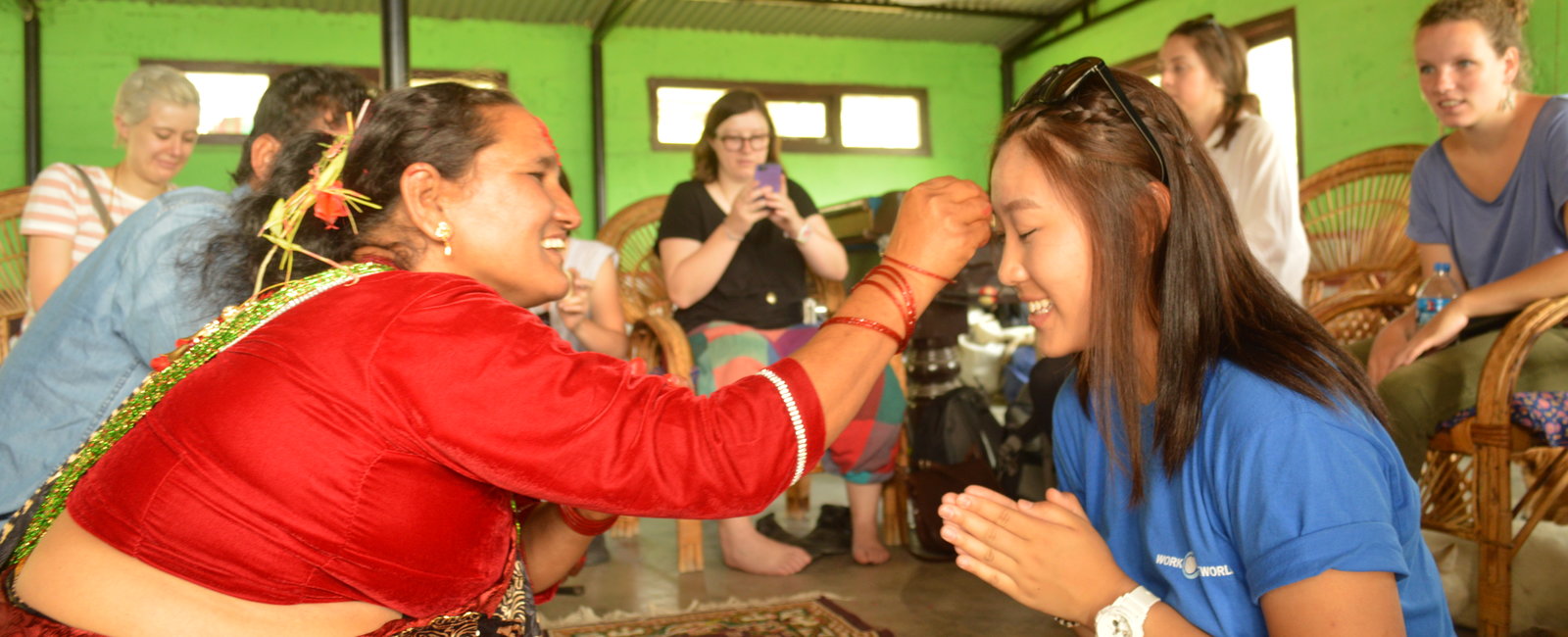There is no doubt that an elective in a developing country hospital can contribute enormously to both your degree and chosen career. Working with professionals in another country gives you the opportunity to experience how healthcare is delivered in an under-resourced environment, understand more about developing country diseases — some of which you may have only read about in textbooks — and use and gain new skills treating advanced pathologies.
As you will know from the rotations you have completed in different departments and hospitals, no two wards or supervisors are the same. This is even more defined in a developing country where resources are dramatically decreased. To give students the opportunity to broaden their experience overseas, We recommend splitting your placement and working in different wards or hospitals within one or several of our destinations.
We get lots of questions about the benefits, cost, and necessity of split placements, so this blog is designed to answer those questions. and help you make a decision as to whether a split placement is an option for you.
What is a split placement?
A split placement is when you spend part of your time in one ward and part in a different ward OR part of your time in one hospital and part of your time in another.
What does it cost?
A split placement within one hospital is free. A split placement in two different hospitals has a fee of £150 to cover the costs and paperwork involved in arranging placements with two different establishments.
What are the benefits of a split placement within one hospital?
"Some people don't know what they want to specialise in when they book their elective. Splitting your time across two different departments gives you a chance to experience both areas and get a clearer picture of the delivery of healthcare across the whole hospital". Abby Moreton, Project Advisor.
What are the benefits of a split placement in two different hospitals?
"This is the best way for students to make a contrast between the varying levels of healthcare provision across our destination cities. You work with different staff teams and clinical departments that often aren't available in one or other of our placements. For example, in Dar es Salaam, we get lots of students who want to work in a dedicated emergency department, but this is only available in the tertiary referral hospital, which is relatively well equipped. Students who also want to see what it's like in a busy, under-developed, resource-poor department would have to spend time in a district hospital to truly understand how healthcare is delivered. And it's the same across all of our destinations. Splitting your placement effectively gives you a wider range of departments to choose from and a more rounded experience to take home with you". Rob Giddings, Overseas Operations Manager
Can you split your placement across two destinations?
Yes! It's a great idea to spend part of the time in two or more destinations - it gives you an amazing insight into global health. In terms of how many destinations, it's up to you - we've had one dentistry student that travelled with us to Argentina, Sri Lanka, Dar es Salaam and Arusha!
If you travel to two destinations, we also give you a 20% discount on the lower-priced destination.
What about a split in Tanzania?
It's worth keeping in mind that when we talk about destinations, we don't always mean different countries. We have three options in Tanzania that all offer something unique and this provides an amazing opportunity for students that choose to split. "Most students travel around the country anyway, so for your split fee and the cost of an internal flight, you could specialise in a more niche area in Dar, experience a tertiary referral hospital in Mwanza, and enjoy the challenges of regional healthcare in Arusha. All the while spending weekends on safari, climbing Kili, or chilling on Zanzibar". Simon Vaughan, Business Development Manager
Who is eligible?
Anyone travelling for over 4 weeks is eligible. We don't recommend that students split a placement if they are staying for longer than this because you need to have a decent amount of time in each placement to develop a good relationship with your supervisor and get good patient interaction.
Do you really need to do a split to get a good placement experience?
The answer to that question is of course no. You don't need to split a placement. If it was a necessity we would include it in each package as standard. A split placement just provides the option of broadening your healthcare experience
What do students recommend?
One of our students, Alex Ward, chose to do a split placement in Ghana, spending her 8 weeks in two different hospitals. Alex found "it was definitely the right decision to split - the two hospitals were both very unique and I had completely different experiences at each".
Another of our students, Ursula, took advantage of the Tanzania options and spent time in both Arusha and Dar, something she found showed her "two completely different sides to Tanzania".
Always remember — whatever you decide to do (whether that's a split placement or not) we will make sure you have a once-in-a-lifetime elective placement that forever changes how you practice healthcare.

Discover your adventure
Start your overseas journey below by choosing your area of study below.
Start your overseas journey below by choosing your area of study below.






